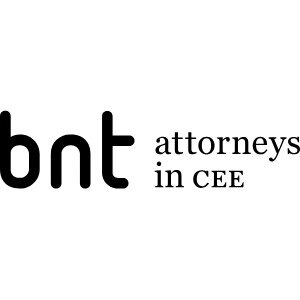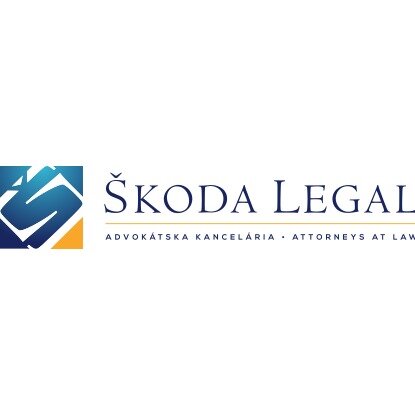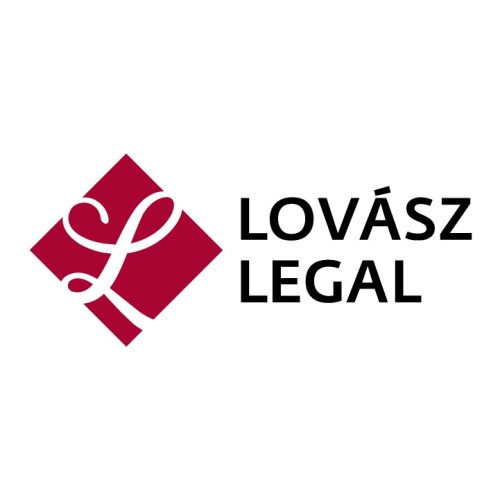Best International Trade Law Lawyers in Slovakia
Share your needs with us, get contacted by law firms.
Free. Takes 2 min.
Or refine your search by selecting a city:
List of the best lawyers in Slovakia
About International Trade Law in Slovakia
International Trade Law in Slovakia governs the exchange of goods, services, and capital across international borders. As Slovakia is a member of the European Union, its legal framework is aligned with EU trade policies and regulations, which facilitate trade across member states and with third countries. This area of law covers a wide range of issues including customs procedures, import/export regulations, trade agreements, and dispute resolution.
Why You May Need a Lawyer
Engaging a lawyer specializing in International Trade Law can be critical in various situations, such as:
- Navigating complex import/export regulations, especially if unfamiliar with the Slovak or EU requirements.
- Resolving trade disputes that may arise with foreign partners or domestic authorities.
- Understanding and complying with international trade agreements and their implications for your business.
- Gaining assistance with contractual negotiations and drafting to ensure compliance with legal standards.
- Protection against unfair trade practices and handling anti-dumping cases.
Local Laws Overview
Slovakia's International Trade Law is influenced by its membership in the European Union, requiring compliance with EU customs and trade regulations. Important aspects include:
- The Customs Code of the EU dictates Slovak customs procedures.
- Trade agreements entered by the EU have immediate effects on trade policies.
- Slovakia's Export Strategy aims to support Slovak companies on international markets.
- There are regulations concerning the import and export of certain goods, including agricultural products, chemicals, and dual-use items.
Frequently Asked Questions
What is the role of customs in Slovakia's International Trade Law?
Customs authorities are essential in regulating the import and export of goods across borders, ensuring compliance with EU and national laws, and calculating duties and taxes.
How does Slovakia handle trade disputes?
Trade disputes may be handled through arbitration, mediation, or in courts. Lawyers can help resolve disputes involving international parties effectively.
Are there specific trade agreements Slovakia is part of?
Being an EU member state, Slovakia is part of all EU trade agreements, which offer preferential access to international markets.
What are the key steps for starting an import/export business in Slovakia?
First, register your business legally, obtain necessary trade licenses, understand the customs procedures, and comply with EU trade regulations.
Does Slovakia have any trade restrictions?
Yes, Slovakia follows EU-imposed trade sanctions and embargos, restricting trade with certain countries, entities, and individuals.
How are intellectual property rights handled in international trade in Slovakia?
Intellectual property rights are protected under EU law, relevant EU directives, and Slovak national legislation, offering robust protection to businesses.
What are the common penalties for non-compliance with trade regulations?
Penalties range from fines, seizure of goods, or revocation of trade licenses to criminal charges, depending on the severity of the non-compliance.
How are anti-dumping duties applied in Slovakia?
Anti-dumping duties are applied based on EU regulations when goods are sold below fair market value, harming domestic industries.
What are dual-use items, and how are they regulated?
Dual-use items are goods that can be used for both civil and military applications. Their trade is regulated to prevent misuse, following both EU and national laws.
Who enforces International Trade Law in Slovakia?
The Ministry of Economy and Customs Administration work alongside EU bodies to enforce trade laws, supported by legal professionals when necessary.
Additional Resources
For more information or assistance, consider reaching out to:
- The Ministry of Economy of the Slovak Republic, which provides guidance on trade policy and export strategies.
- Slovak Chamber of Commerce and Industry, offering support and resources for Slovak businesses engaged in international trade.
- The European Commission's Trade Directorate-General, which provides updates on EU trade agreements and regulations.
Next Steps
If you need legal assistance in International Trade Law, the following steps are recommended:
1. Assess your specific legal needs related to international trade.
2. Seek a consultation with a Slovak lawyer specialized in International Trade Law to understand your options.
3. Ensure the lawyer has experience with EU trade policies, as these will frequently impact Slovak cases.
4. Prepare all relevant documentation and details of your legal issue to maximize the effectiveness of your consultation.
Lawzana helps you find the best lawyers and law firms in Slovakia through a curated and pre-screened list of qualified legal professionals. Our platform offers rankings and detailed profiles of attorneys and law firms, allowing you to compare based on practice areas, including International Trade Law, experience, and client feedback.
Each profile includes a description of the firm's areas of practice, client reviews, team members and partners, year of establishment, spoken languages, office locations, contact information, social media presence, and any published articles or resources. Most firms on our platform speak English and are experienced in both local and international legal matters.
Get a quote from top-rated law firms in Slovakia — quickly, securely, and without unnecessary hassle.
Disclaimer:
The information provided on this page is for general informational purposes only and does not constitute legal advice. While we strive to ensure the accuracy and relevance of the content, legal information may change over time, and interpretations of the law can vary. You should always consult with a qualified legal professional for advice specific to your situation.
We disclaim all liability for actions taken or not taken based on the content of this page. If you believe any information is incorrect or outdated, please contact us, and we will review and update it where appropriate.
Browse international trade law law firms by city in Slovakia
Refine your search by selecting a city.

















